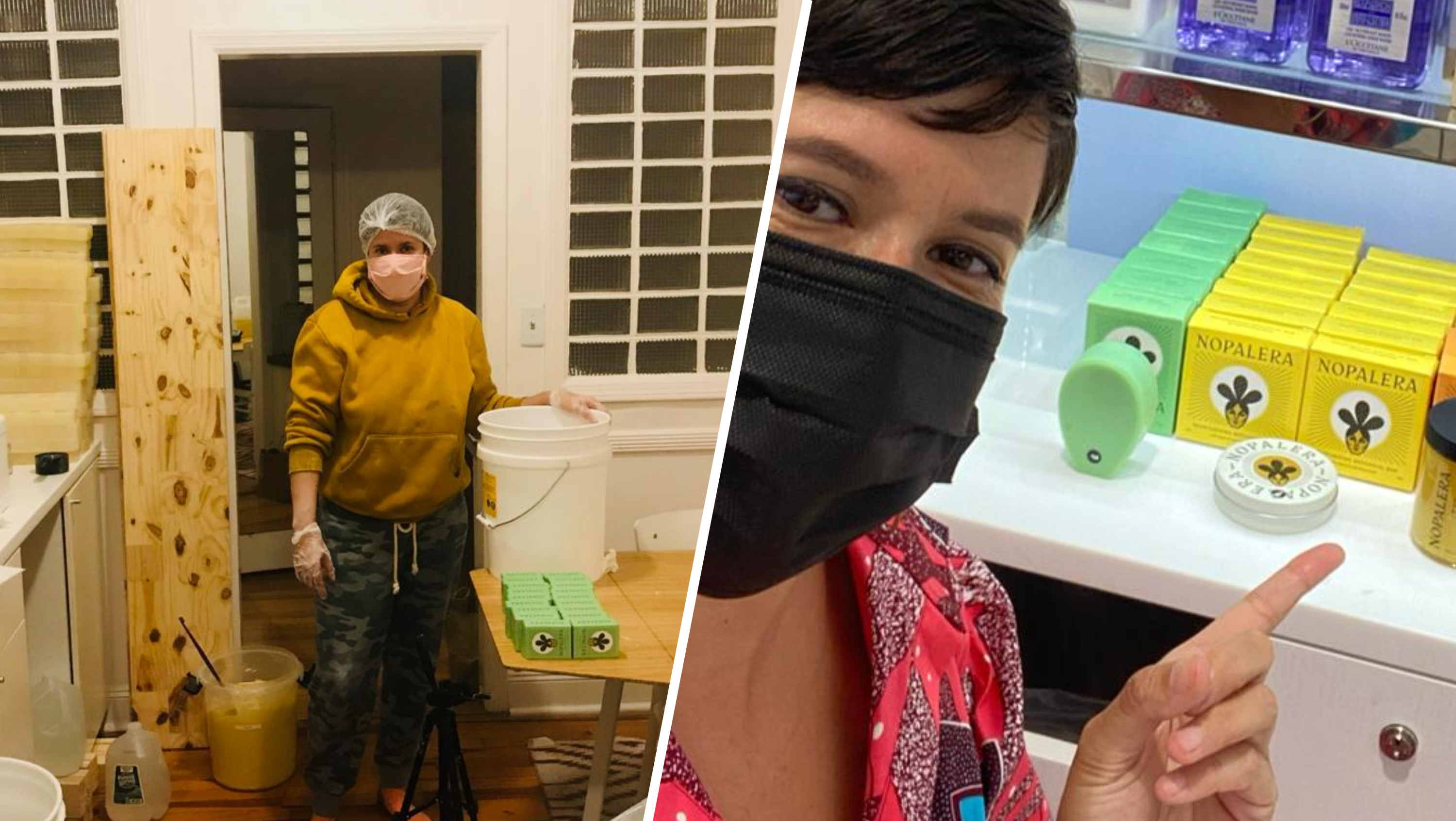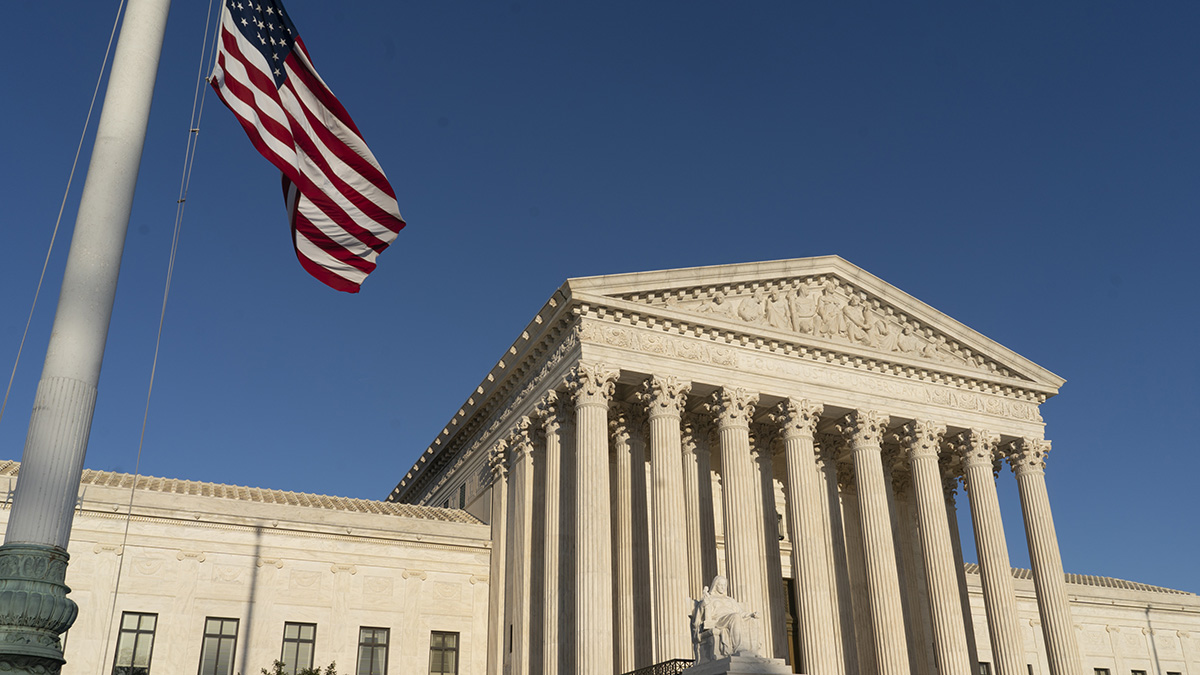What to Know
- Officials say one of the black box data recorders found in the Hoboken train wasn't functioning during Thursday morning's crash
- They're hopeful that a second black box that has yet to be retrieved will contain information like the train's speed and brake usage
- The NTSB said the signals leading to Hoboken Terminal appear to be working normally
It could be days before federal investigators working in 12-hour shifts clear enough debris to recover the data recorder from a train that crashed into a station, killing a woman and injuring more than 100 others.
National Transportation Safety Board spokesman Chris O'Neil described the effort as "complex" and said workers are going as "quickly as possible to make that happen."
The effort comes as investigators learned that a separate device that was supposed to record the New Jersey Transit train's speed and braking information wasn't functioning, according to the National Transportation Safety Board Vice Chair T. Bella Dinh-Zarr.
The remaining data recorder, which officials said was likely to be newer than the nonworking device, is in the cab control car in the front of the train and has not been recovered because it is under a collapsed section of the station's roof.
Officials say they hope to access that device "in a matter of days," O'Neil said. The NTSB did not respond to questions or provide an update on its progress Monday.
"You hear all the machinery in the background. They are working around the clock, in 12-hour shifts, to remove the debris as quickly and safely as possible," he added.
U.S. & World
Federal regulations require commuter trains to have a working recorder in the lead car, according to Jim Southworth, the NTSB's lead investigator for the crash.
The regulations also require the recorders to be inspected every year. It was unclear when the recorders in the train were last inspected.
Federal officials said the recorder that didn't work was an older device installed in 1995. An unknown number have had to be replaced over the years as they failed.
Investigators have said the train's engineer, Thomas Gallagher, told them he was going only 10 mph as he approached the station, but he had no memory of the crash, according to Dinh-Zarr.
He said he only remembered waking up on the floor of the engineer's cab, she said.
Gallagher also told investigators that he was fully rested and that the train was operating properly Thursday morning before it crashed in Hoboken.
Months before Thursday's deadly train crash, federal rail officials found dozens of violations during an audit that focused on NJ Transit's safety and operations, a U.S. official confirmed to The Associated Press.
The official, who was familiar with the Federal Railroad Administration audit, wasn't authorized to speak publicly about an ongoing investigation and spoke to the AP on condition of anonymity.
The audit was launched after the federal regulatory agency noticed an uptick in rail incidents and found "dozens of safety violations" that needed to be fixed immediately, the official said. The commuter rail agency was fined as a result.
A spokesman for NJ Transit hasn't responded to requests for comment.
On Monday, Democratic Assemblyman John McKeon called on federal and state railroad officials to give a public accounting of the agency's safety violations.
"It's very disturbing to learn that a data recorder pulled from the crashed NJ Transit train in Hoboken wasn't working. This is inexcusable," he said.
Since 2011, NJ Transit trains have been involved in more than 150 accidents that caused more than $4.8 million in damage to tracks or equipment and has paid more than $500,000 to settle safety violations, according to federal data.
Information from the Federal Railroad Administration shows that NJ Transit has settled 183 safety violations - ranging from employee drug and alcohol use to violations of railroad operating rules or practices - since Jan. 1, 2011.



